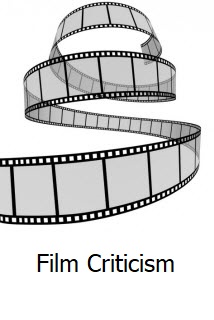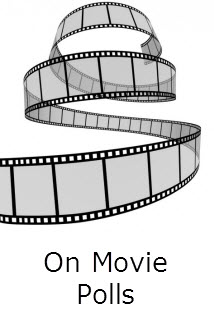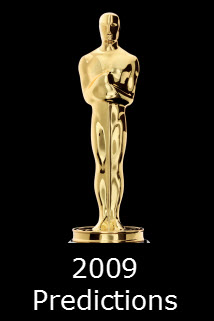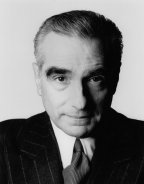The Conspirator (2011)


Content by Tony Macklin. Originally published on April 12, 2011 @ tonymacklin.net.
The Conspirator marks a return for Robert Redford as a director. If not triumphant, at least serious.
Like director Clint Eastwood -- who made several important movies in his 70s -- Redford has made a significant one in The Conspirator. If not equal to Eastwood's efforts, it at least is a worthy effort. Redford's last directorial effort was Lions for Lambs (2007), a negligible effort. The Conspirator has more impact.
One of the most provocative questions in the history of the Academy Awards is --what movie and director won Oscars for 1980, the year that Scorsese's Raging Bull was eligible? Redford's Ordinary People won. Raging Bull went on to be considered by many critics to be the best movie of the decade of the 1980s. Ordinary People didn't.
Why did Redford decide to make The Conspirator? He says it is about an event of which few people are aware -- the trial of Mary Surratt for her alleged involvement in the assassination of Abraham Lincoln and attacks on others. She was the landlady in a boarding house where the plotters met.
The Conspirator is history, but there's little interest in history today unless it's in terms of a graphic novel. History is esoteric.
But the story also obviously appealed to Redford politically. The Conspirator contains parallels to today's incarceration of political prisoners and the questions of their rights, if any.
There may be an eerie similarity between the 1860s and the 2010s. Is law compromised? Is justice inviolate? Both the left and the right think the other side doesn't serve the law. Power and willfulness prevail; law may not.
Progressives thought Obama might be the next Abraham Lincoln, but he's turned out to be more Andrew Johnson.
In The Conspirator, Mary Surratt (Robin Wright) is tried as a major conspirator by a military commission that was willful, but not fully in charge.
Redford has a credible, human touch -- as he did in Ordinary People -- with the actors. Robin Wright and James McAvoy are outstanding as the dignified, vulnerable Mary and her reluctant lawyer Frederick Aiken. Tom Wilkinson, Danny Huston, Kevin Kline, Colm Meaney, et al. add dimension.
Redford loves to use light. Remember the herd of vanity halos of light around his head in The Horse Whisperer (1998)?
Redford still loves light, even though he doesn't act in The Conspirator. Newton Thomas Sigel's light streams and gleams, through windows, on walls and bannisters. It's effectively evocative.
Redford has had a checkered career -- artist, businessman, liberal. Often they've been in competition.
As an actor in his early movies -- Downhill Racer (1969) and The Candidate (1972) -- Redford seemed as though he might be the foremost anti-hero, especially a hollow man. He and Jack Nicholson, who is the same age he is, both wonderfully captured alienation.
But in 1973 The Way We Were changed Redford forever. He became as much movie star as actor.
Eventually with Sundance and his other endeavors, Redford become the corporate liberal. Not always an easy union.
Redford is away from Hollywood, but not far. It's disappointing to see that Redford and his advertisers use a Hollywood lapdog-reviewer to chortle in their ads for The Conspirator. The movie deserves better.
The Conspirator is not bold, but it is enlightening. It looks back at injustice, not in rage, but perhaps in sorrow.





















